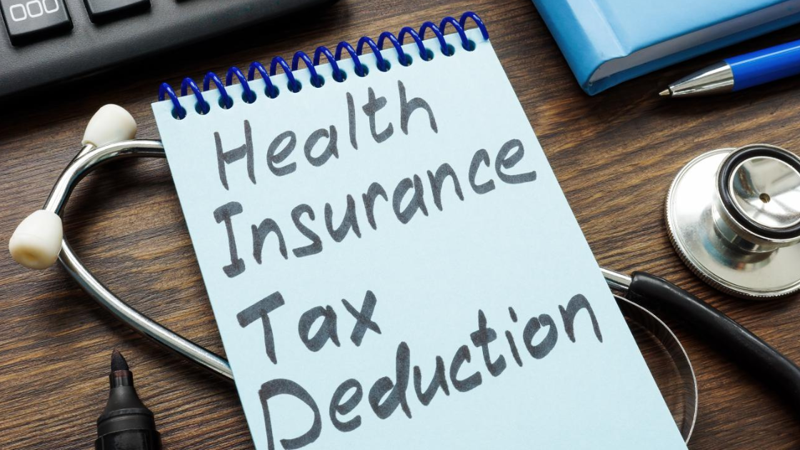(The Center Square) – To soften the potential blow of tax season, first responder retirees in Illinois now have an increased opportunity to reduce their taxable earnings with a health care deduction.
While this is a nationwide opportunity for retired law enforcement, firefighter and emergency services workers, the Illinois Public Pension Fund Association is making a special effort to spread the news to those who could benefit in Illinois.
“We’re just trying to get as many people as we can to know about it and take advantage of it,” Dan Ryan, the nonprofit’s project coordinator, said.
Ryan told The Center Square these changes could put extra money in the pockets of at least 35,000 retirees in Illinois who pay medical insurance premiums.
“They can exclude up to $3,000 in their pension income for money that they used to pay for health insurance,” Ryan said.
The $3,000 figure should cover most retirees as, according to Ryan, this is the typical annual health care premium in Illinois. The good news gets even better if both a husband and wife are retired responders.
“The exclusion could be up to $6,000,” Ryan said.
For decades, this tax break has been made possible through the Healthcare Enhancement for Local Public Safety Retirees Act, also called the HELPS Retirees Act. But not every first responder retiree could take advantage of it. The problem was the health care expense had to be deducted from the retiree’s pension check, and that wasn’t always possible, Ryan said.
“People were excluded before but now they are not excluded, which is good news,” he said.
With the adoption of the federal Secure 2.0 retirement law, the inequity has vanished. IPPFA President James McNamee said in a news release, explaining: “Any premium paid for health, accident, or long-term care insurance qualifies for the credit.”
For those better at saving lives than preparing their taxes, this is one case where consulting a tax preparer is recommended. According to Ryan, the health care deduction must be claimed on a personal 1040 tax form on line 5B, following the instructions in IRS Publication 575, page seven. The retiree might also consult their pension administration company if that’s how their benefits are channeled.
One drawback to the deduction, which some are trying to address, is that the $3,000 is a fixed amount that does not compensate for inflation.
“With each year that goes by with inflation, the impact of this becomes a little more limited, but it’s still worth taking,” he said.







